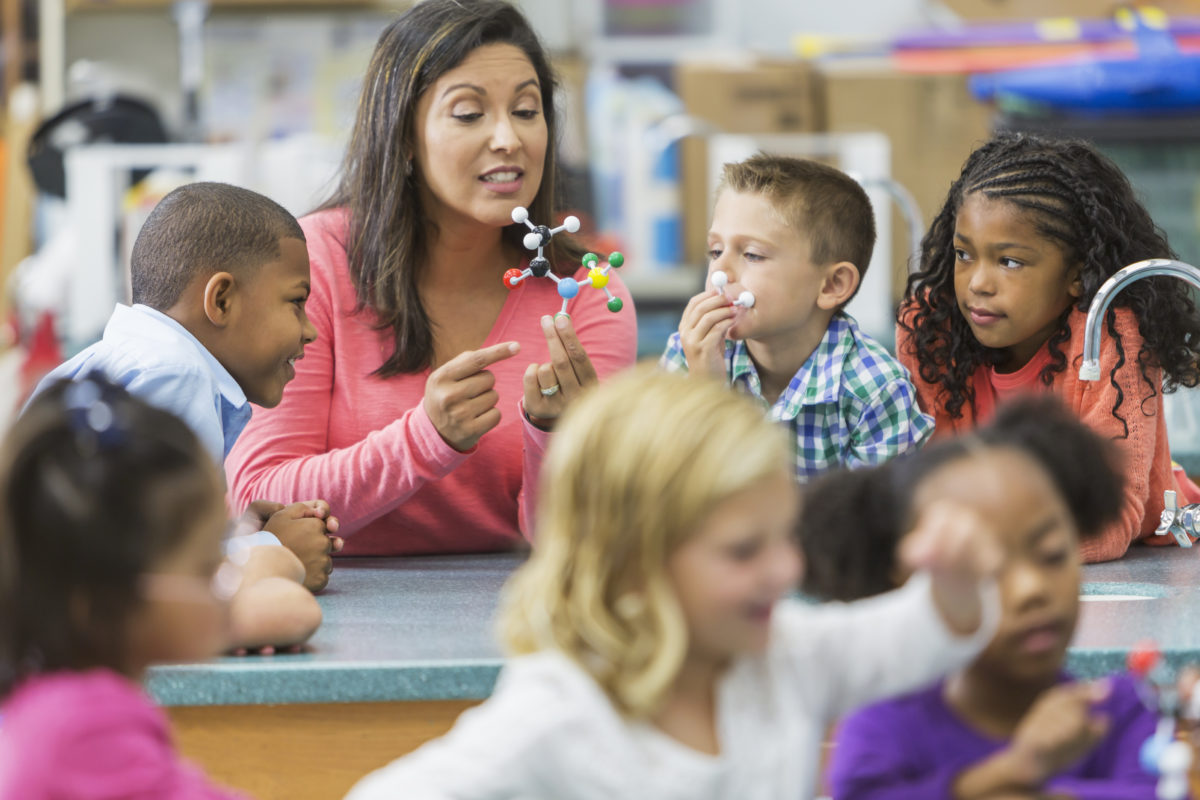
There are many reasons why educational programs for the gifted are so important. They keep the gifted child challenged and engaged. Educational programs keep gifted students committed to creativity and achievement for a lifetime. They are critical in helping gifted and talented kids to socially adapt to a world of non-gifted and non-understanding peers and adults.
Educational programs for the gifted child teach a love of learning and the knowledge and skills for how to learn. They prevent early dropouts and support long-term career success.
Put in the right educational system with appropriate educational programs, the gifted child learns how to overcome adversity, a life-skill that benefits the gifted child long after early education.
Keeping the gifted child engaged in the learning process
According to research studies, teachers have reported that their brightest students were not challenged in the classroom and were not given the chance to thrive.
The feeling was that the traditional education programs were not well designed to handle the needs of gifted children. The typical programs were designed so the teachers could help struggling students. The programs were not designed for exceptional students, nor were teachers trained to deliver accelerated and enrichment programs for them.
When the materials are not challenging or the pace is too slow, gifted students lose interest very quickly. Since they pick up new information easily, they are not helped with a lot of repetition and are, in fact, held back.
This boredom and lack of interest can lead to a total shutdown of the learning process. Many gifted students have school adjustment problems in the first few years of school. As a result, about half of gifted students become mental dropouts at about 10 years of age.
Offering advancement and enrichment
A curriculum designed especially for the gifted student provides the best opportunity to grow his or her talents. Appropriate courses and projects that fit individual student interests allow a high level of commitment and achievement.
The gifted curriculum involves acceleration and enrichment. Acceleration allows the gifted student to move through subjects and courses at a faster rate than is typical. Sometimes courses can be skipped based on current knowledge and testing.
Early acceptance in college is another example of acceleration. Some summer courses offer dual enrollment of secondary school and college. At any level of school, gifted students can move along as fast as they can master the required material.
Enrichment offers a deeper level of involvement and a wider range of material and media choices. It can include after-school opportunities, internships or summer camp programs.
Enrichment programs can include a combination of subject areas like reading, writing, art, drama or other creative skills. These programs reflect real-life experience where multiple disciplines come together to form complex situations needing different perspectives.
Influencing long-term success
Longitudinal studies have further shown that programs for the gifted positively impact the students’ post-secondary plans and educational futures.
It was found that gifted adolescent students were 50 times more likely to pursue doctoral degrees than the non-gifted students.
When this population was studied again at age 38, it was found that almost two-thirds held advanced degrees at a Master’s level or above. Of these, 44 percent had achieved a level of Doctorate. This can be compared with the general population where 2 percent have Doctorates.
Beyond college and graduate school, there is more evidence of success for students of gifted programs. Another study of intellectually gifted adolescents showed that distinct ability patterns identified by age 13 foreshadowed continued creative accomplishments in middle age.
These accomplishments were especially notable in the area of literary achievement and scientific/ technical innovation. In the group studied, they had earned 817 patents and published 93 books.
Supporting a love of learning
Children go to school to learn – not only new material but how to learn. They need to be taught study skills and the self-discipline needed to focus and concentrate on the particular topic at hand. This is especially true for gifted children.
In addition to study skills, the material is important, too. Gifted children in a traditional setting will acquire new information easily and do very well in tests that are not tough enough for them. However, they are not benefiting from an intellectual challenge. What they need is adversity.
Learning how to overcome adversity is important in school as a precursor to what these children will face later in life. If gifted students are not challenged and do not need to use appropriate study skills at an early age, then they will not know how to handle more difficult tests later on. They will not have the resilience needed when faced with future setbacks or failure.
Easing social interaction
Gifted students often feel uncomfortable in a classroom with peers who think of them as being different or unusual. They are shunned by other students who often form cliques based on their own social expectations. The gifted students felt left out, and often feel rejected and ridiculed.
When these gifted students are placed with other gifted students who think the way they do, and face the same problems, and enjoy the same love of learning, they feel much differently.
They fit in better. They know they are being understood and accepted. Their minds remain occupied and challenged, and there is less chance of being called out for disruption.
One of the leading benefits of a gifted program is the enhanced self-image and greater confidence shown by gifted students when in association with gifted peers.
Better assessing talents
Gifted children have multiple talents along with possible social and emotional issues creating a complex assessment challenge. There are several aspects to consider and evaluate. Traditional schools may not have the training or assessment tools to properly gauge the strengths and weaknesses of the gifted child.
Schools and programs for the gifted understand the need to evaluate the whole child. They use a variety of tests and assessment tools to establish the right levels of opportunity and measure progress. They monitor development on a number of different scales appropriate for advanced learners.
Educational programs for gifted and talented children are necessary because they meet the learning, emotional and social needs of these students while preparing them for life beyond school in a society that doesn’t fully understand or accept them.




